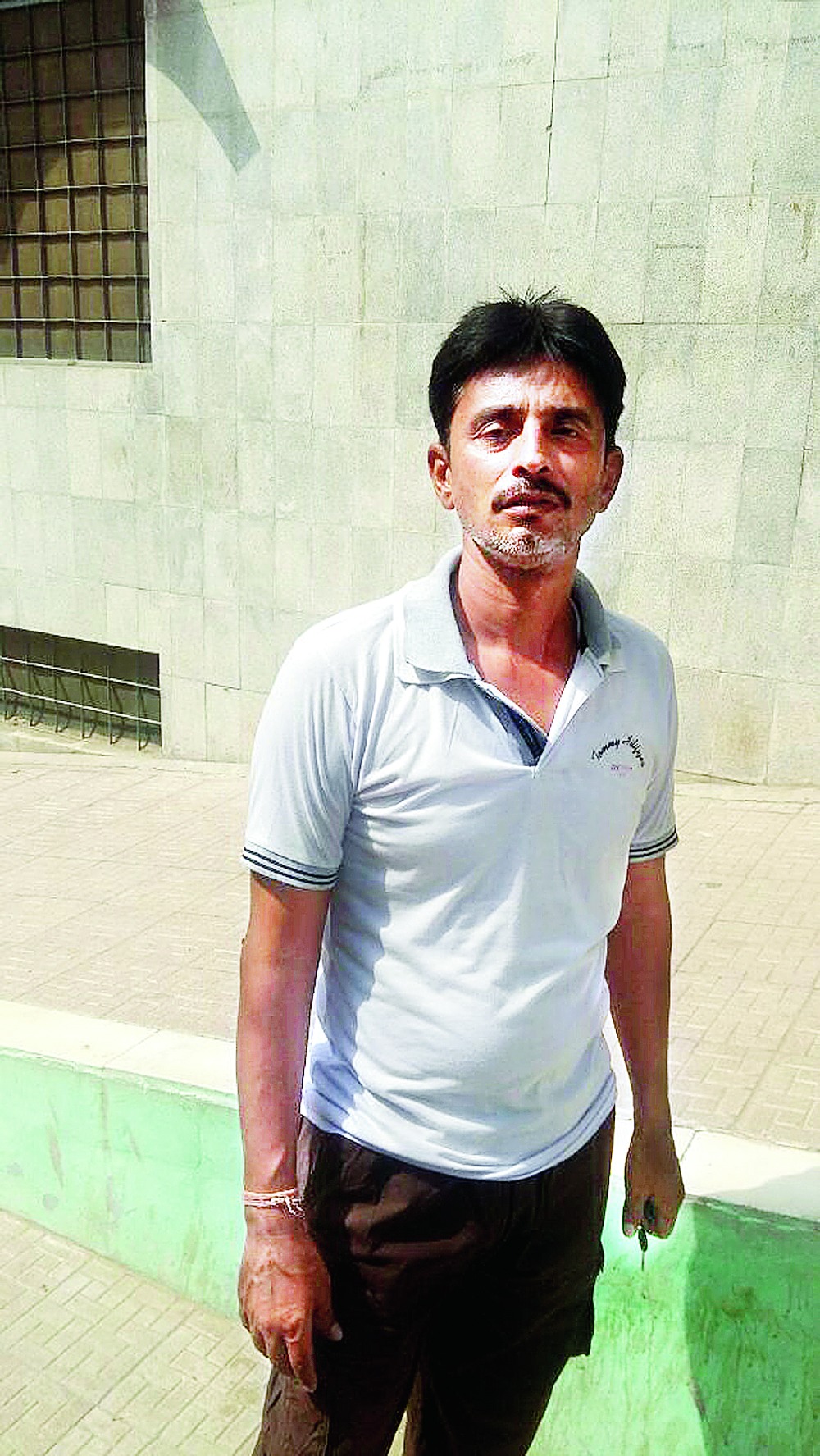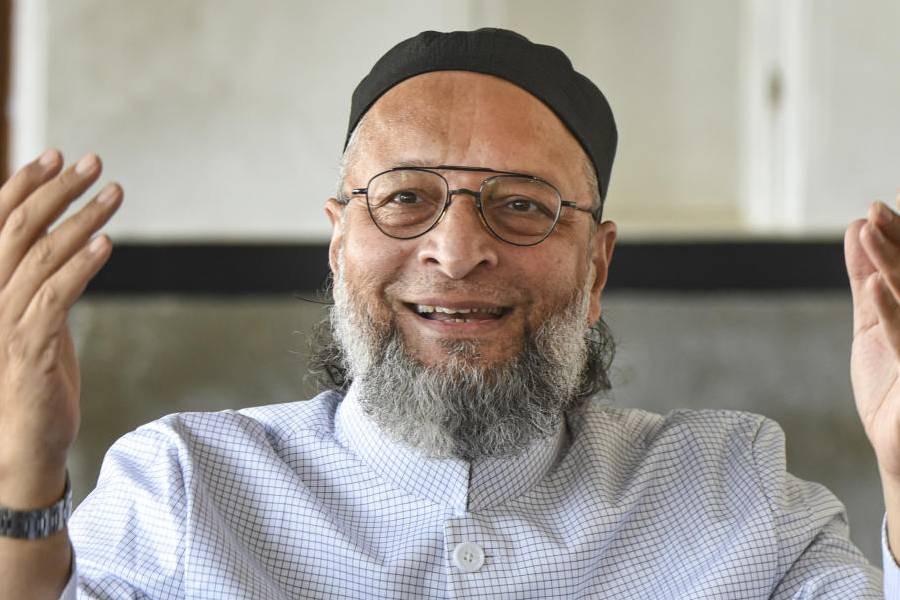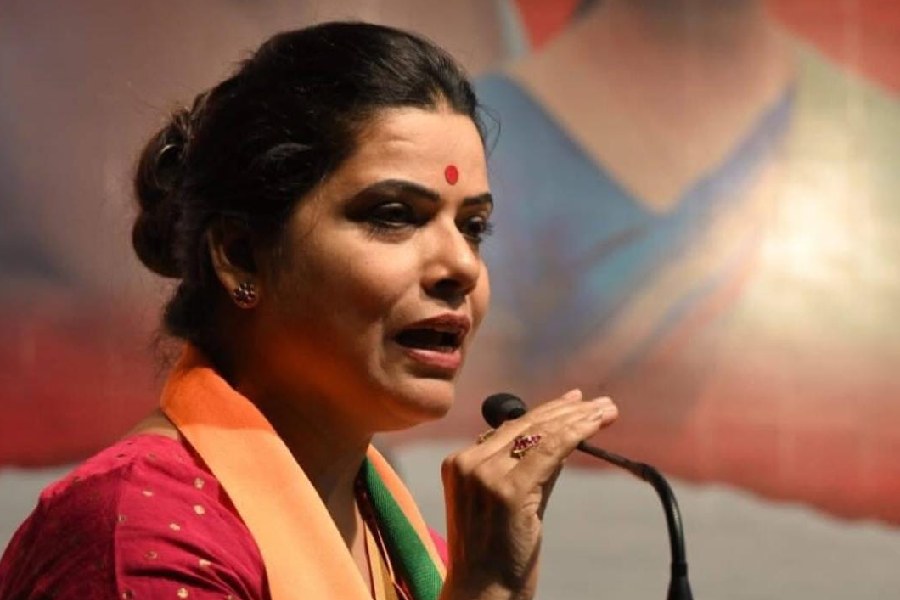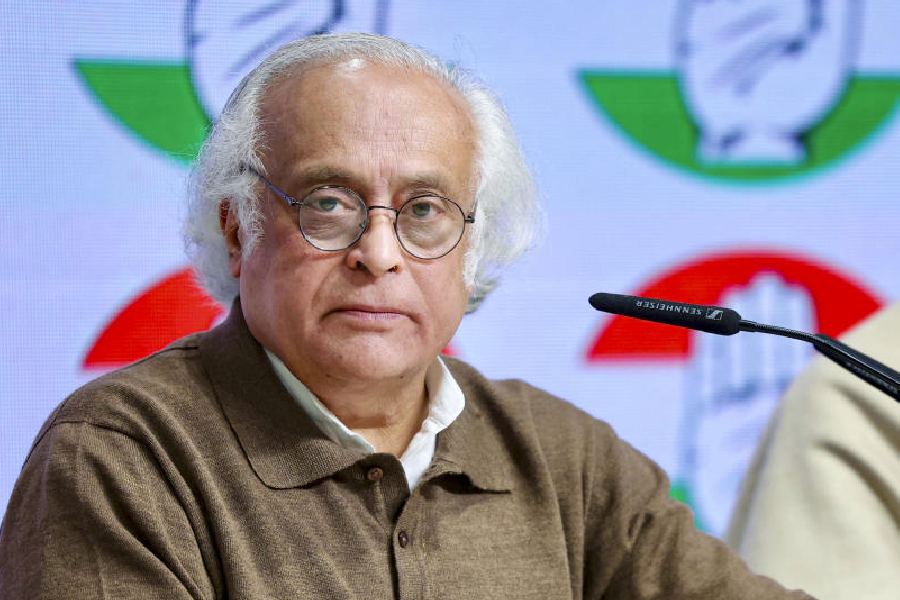


Harish Dulani is in Dubai. Or perhaps he is in New Delhi. His wife and mother-in-law insist that he is in Ahmedabad. Or, they add, he could be in Jaipur, hiding from the media. His lawyer believes that he is still somewhere in Jodhpur, where his family lives. No one seems to know where he is. What’s clear, though, is that the man who popped up last week to point an accusing finger at the actor, Salman Khan for killing three protected chinkara gazelles, has disappeared quite as suddenly.
Dulani, 42, sprung up from seemingly nowhere after the Rajasthan High Court on July 25 set aside Khan’s conviction in two 1998 cases, when the actor had been charged with hunting down the gazelles in Rajasthan. Dulani was the one who had told the court in 1998 and 2002 that Khan had killed the animals. But after he talked to reporters last fortnight, iterating his claim, there is no sign of him.
That is nothing new. Despite summons and 32 arrest warrants issued against him, Dulani failed to appear in court on the Salman Khan case in 2002 for cross-examination by defence attorneys. He was missing for four years.
He had been paid off for not appearing in court, the story went. He had been gifted a flat in Dubai, he had bought two flats in Mumbai, he had a fleet of taxis in Ahmedabad, the stories went. Nobody was sure where the stories came from, but the rumour mills got more grist when his former lawyer, in a recent sting operation conducted by ABP News, claimed that Dulani had been paid Rs 80 lakh to disappear.
“Everybody has a story about my husband. He is supposed to be a rich man living in Dubai. Do you think we will live in a house like this if that were true,” his wife, Heena Dulani, asks, standing at the front door of a carton of a house with three rooms, each room darker than the other, in Madhuban Colony, a lower middle-class neighbourhood of Jodhpur. This is her father’s house, she says, where she, Dulani and their two teenage boys have been living with six other relatives for more than a decade.
The fact that Dulani testified against a man as powerful as Salman Khan has left deep scars on the family. Khan — arguably the most successful actor in Bollywood — was convicted by a lower court in 2006 for the hunt conducted over two days in September 1998. The conviction was set aside by the Rajasthan High Court, which observed that pellets taken from his hotel room did not match those recovered from the vehicle in which the actor was said to be travelling during the hunt.
The vehicle, an open jeep, belonged to a Jodhpur chemist called Arun Yadav. Dulani was Yadav’s driver and was in the jeep which had been lent to Khan and his group of friends. But, Dulani had said in his court statements that Khan had decided to drive the vehicle, and asked the driver to sit at the back.
Khan shot the chinkara, Dulani reiterated to reporters last week. He said he stood by the statements he had made before a magistrate 18 years ago, but had later been warned not to go to court. “I got scared and left home,” he said. He also said that he was ready to testify in a third case — on Khan killing a blackbuck — that was still in court.
Dulani was assumed missing for 14 years. But he was in Jodhpur most of that time — and attended some 40 hearings in the chief judicial magistrate’s office in 2006, when he was charged with giving false evidence in court. People mocked him as “Salman ka driver” and there was barely anybody — among lawyers, typists, tea vendors and others — in the magistrate’s office who hadn’t asked him about his supposed riches.
But if he was rich, there was no sign of it. He has borrowed money from a host of people — amounts ranging from Rs 20 to Rs 500. In the last 10 years, he has worked as a night watchman, sold tender coconut, driven a taxi and worked as a juice vendor, a helper in a catering company and as a labourer.
“He has done every job under the sun in the last 10 years. I don’t think many knew him by his name even if he worked in a place for years. He has what we call a minus personality. He can sit in front of me for the whole day, but will go unnoticed,” his lawyer, Anil Gaur, says. Gaur adds that he left a job whenever people got to know about his connection with the chinkara case, and started asking him questions.
He was working as a driver when he suddenly decided to talk to the media about the Salman case on July 27.
“I don’t know which invisible ghost controlled Harish when he decided to be a part of the case that involved such big people. His father and mother died worrying that their son would get trapped for life in court cases, and my daughter suffered from tuberculosis fearing for her husband’s life. We all have been forced to live in fear again,” says his mother-in-law, who doesn’t wish to be named.
Dulani surprised many among family and friends when he spoke out against Khan, for he is known to be a timid man. “He has always been a darpok (weak-hearted). First, he was scared of forest officials, later he was scared of Salman Khan and others. He then feared police torture and now he is scared of everybody, it seems,” says Rakesh Soni, a resident of Chopsani, a locality where Dulani grew up.
The general consensus, however, is that Dulani is a kind man. Shivendra Kumar, who sells fruits in front of Jodhpur’s Mahatma Gandhi Hospital, calls him a good human being. “He used to sell fruit juice here a few years ago and I have seen him give away juice for free to people who couldn’t pay him,” Kumar says.
Hirendra Rinwa, a resident of the Abhay Garh Housing Scheme in Jodhpur, who hired Dulani as a watchman, swears by his honesty. “You will not find a single person who will complain about him. He has paid back most of his debtors and he was known for his helpful nature when he worked in our society,” Rinwa says.
Dulani also finds praise from those who interrogated him soon after the hunting case came to light. “I was the first person to question Dulani in the presence of Salman Khan. Although he looked uncomfortable in front of Salman, I think he spoke the truth. He remained consistent and stuck to his story even when my seniors questioned him several times,” recalls Lalit Bora, who was then an assistant conservator of forests of Jodhpur.
But there is one period in Dulani’s life that nobody is clear about. Why and where did he disappear in 2002, only to resurface in 2006? Dulani has claimed that he left in fear after he and his father were warned not to give evidence against Salman and the others.
But there are others who say that his absence from court and Jodhpur may have been a part of a “deal” struck with the accused.
“Although I don’t have any evidence, it is quite possible that he may have been approached by some people on behalf of the accused and money was offered. But if he did benefit, there should be some evidence of it. I can’t see that,” Gaur says. “His family’s financial condition has gone from bad to worse in the last 18 years,” he adds, pointing out that Dulani had to sell his house in Chopasni a few years ago to make ends meet.
Soni believes that fear made him disappear. “He sold plastic goods from a handcart in Ahmedabad and also drove a taxi there. He wanted to remain underground until the court gave him security. That never happened, and he came back only after Salman Khan was convicted in 2006,” Soni says.
Some stress that his disappearance weakened the case against Khan. “He has also from time to time modified his positions in the court. He could have approached the high court through his lawyer saying that that he was ready to testify against the accused rather than appear in the media a day after Salman was acquitted,” says Mahipal Bishnoi, one of the lawyers fighting the case against Khan in the blackbuck shooting case of October 1, 1998. “Thankfully he is not a witness in the blackbuck case,” Bishnoi says.
Dulani’s wife says that he will be back if the state government provides him security. The Rajasthan government has said it will look into the request.
Meanwhile, Dulani is in hiding, and Khan is getting ready for his next shot. What’s still not known, though, is who killed the chinkaras. What we know is that they are long dead.
Deer o Deer
While on a film shoot in Rajasthan 18 years ago, Salman Khan is alleged to have shot three endangered, and protected, chinkaras, or gazelles. Here’s what happened after
BANG, BANG: The year is 1998. Members of the Bishnoi community file two cases against Salman in September accusing him of poaching three chinkaras — one in Bhawad, two more in Mathania in Jodhpur. He is also accused of killing two blackbucks in October in a village near Jodhpur
STAR CAST: Saif Ali Khan, Tabu, Sonali Bendre and Neelam were accused of abetting the killing of the blackbucks
CHARGES: Framed under the Wildlife Protection Act and Section 148 (unlawful assembly) of the Indian Penal Code
PRIME WITNESS: Harish Dulani, the driver of the vehicle Khan allegedly used for the hunt. During an in-camera hearing in 1998, Dulani said he saw Salman shoot and slit the throat of a chinkara
ARREST: Salman is arrested, detained for three days, but released on bail
MISSING LINK: Dulani is said to have been sacked by the company that had hired him to drive Salman around; goes missing in 2002, weakening the case for the prosecution
TEMPORARY CONVICTION: In 2006, a trial court convicts Salman in both the cases, sentencing him to one and five years of imprisonment, respectively
JAIL TIME: Three days in 1998, three nights in 2006 and seven days in 2007
AND ACQUITTAL: On July 25, 2016, the Rajasthan High Court acquits the actor; claims there is no evidence to prove that the actor’s guns were used to kill the animals
FUTURE TENSE: The blackbuck case is still at the trial stage










